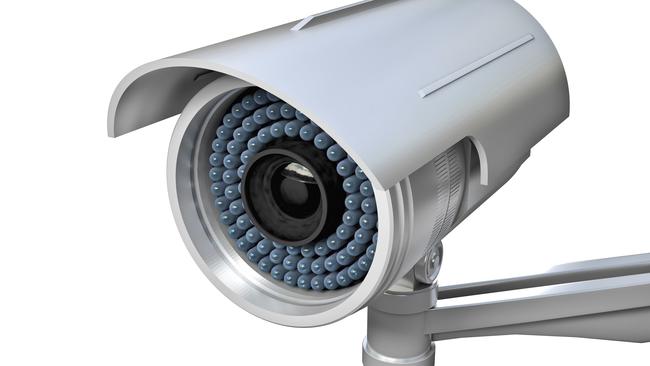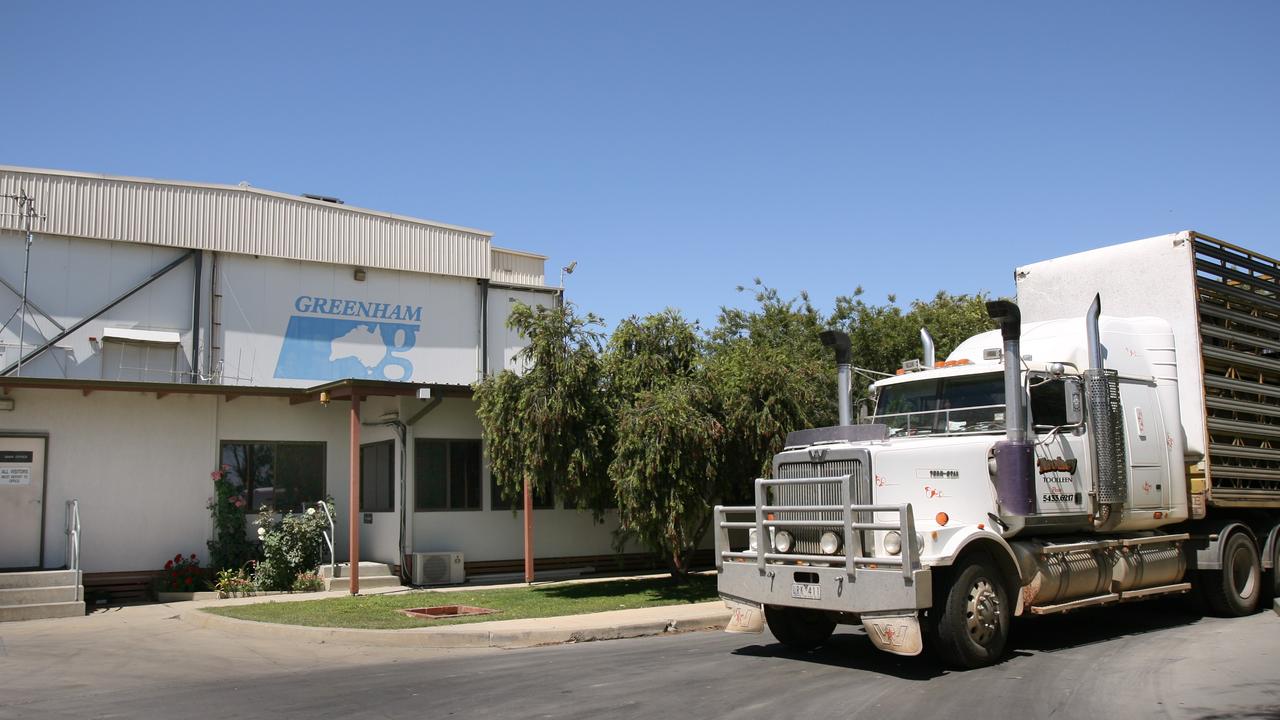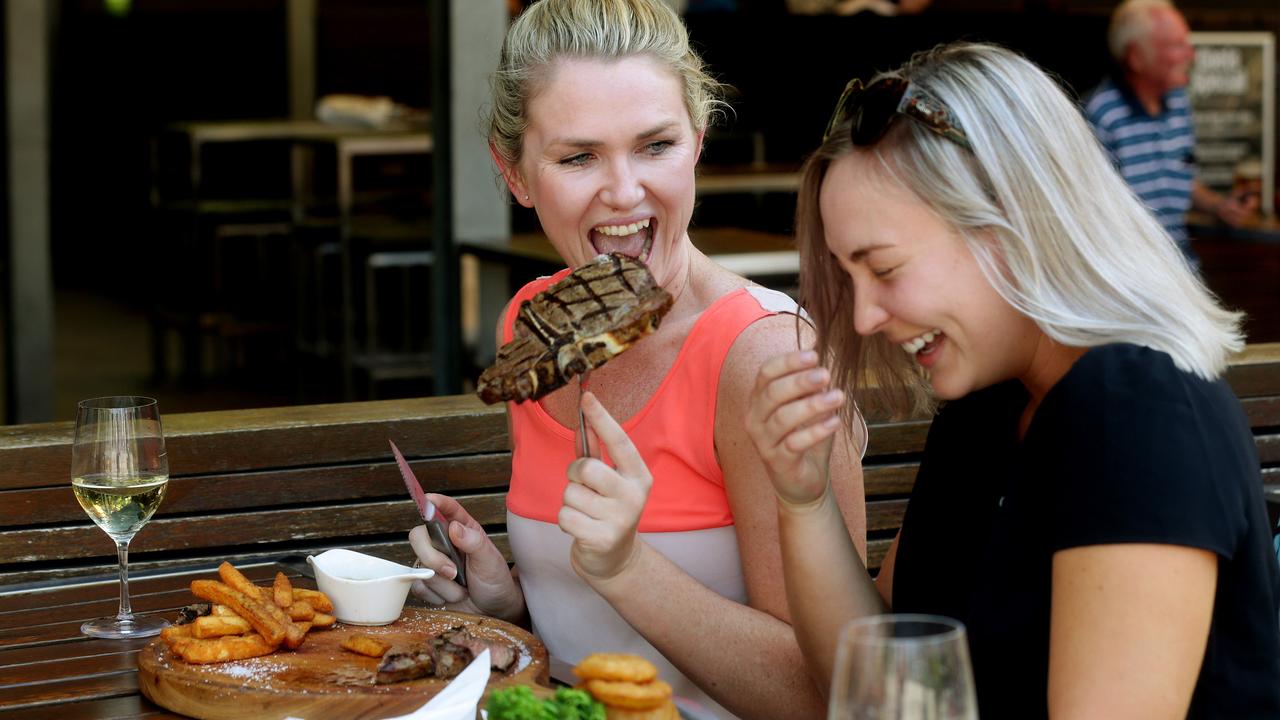Animal activism inquiry recommendations handed down
On-the-spot fines and CCTV for abattoirs recommended in Victorian animal activist inquiry.

MANDATORY CCTV in abattoirs, “higher” animal welfare standards, public interest exemptions for hidden cameras and an on-the-spot fine for a new biosecurity offence, are among recommendations handed down as part of a Victorian inquiry into animal activism.
The parliamentary committee charged with conducting an inquiry into animal activism’s impact on Victorian animal agriculture tabled its findings and recommendations in Parliament last night.
The National party put forward a motion for an inquiry to examine the effectiveness of the state’s laws in April last year, stating “enough is enough” after The Weekly Times revealed an activist was fined $1 for breaking biosecurity laws.
But, the Liberal Nationals have rejected the committee’s majority report, claiming some recommendations are to legislate stronger protections for animal activists.
Nationals MP Melina Bath and Liberal MPs Bev McArthur and Bernie Finn, who were members of the committee, strongly opposed a recommendation that the Government consider the need to “codify public interest exemptions” in the Surveillance Devices Act for activists who installed video equipment on farms without permission.
They also opposed a recommendation to examine alternative farming practices around the world for male chicks in the egg industry and “blunt force trauma” on goats, pigs and cows, that would be expected to be at a higher standard than the existing code of practice in Victoria’s Prevention of Cruelty to Animals Act.
“The Committee heard harrowing stories of the emotional and financial toll illegal farm invasions are taking on Victorian farming families,” Victorian Opposition Agriculture spokesman Peter Walsh said.
“Despite clear evidence the response from our courts to farm trespass and theft is not meeting community expectations, the report is silent on ways to improve protections for farmers against activists who break the law.”
In a win for farmers, the committee’s report did recommend a new offence for trespassers who did not comply with a farm’s biosecurity management plan, with no requirement for farmers to explain the plan to those trespassing.
An on-the-spot fine, “similar to the NSW model” would be the penalty. Under NSW laws, introduced in July last year, trespassers who pose a biosecurity risk can be fined $1000 on the spot and subject to further fines of up to $220,000.
“So far, Victoria has been lucky that there has been no reported outbreak of disease caused by animal rights activists,” committee chair Mr Nazih Elasmar said in the report.
“We cannot wait for something to happen before we act, that is why the Committee has made these recommendations.”
Activists’ calls for CCTV where livestock is kept was somewhat met with a recommendation for mandatory CCTV in abattoirs. However, requests for the footage to be live-streamed publicly was not.
“Aside from the technical and cost implications of such a measure, the dissemination of such footage into the public domain may be in breach of the Privacy and Data Protection Act 2014,” the report said.
Other recommendations included Agriculture Victoria to conduct an audit of the number of businesses with biosecurity plans and help those without one get one, to make information about standard farming practice and legislation available online, and to conduct an audit of how it handled animal welfare complaints in 2019 and make the results publicly available.
MORE: AG OFFICIAL STOOD DOWN OVER ANIMAL ACTIVIST WEBSITES
VFF REFUTES ACTIVISTS’ CALLS FOR CCTV, LIST OF CROP PESTS KILLED
WHAT YOU GET AS A THE WEEKLY TIMES SUBSCRIBER
In the chair’s foreword, Mr Elasmar wrote, “the committee was concerned to learn that there is a great deal of misinformation in the community regarding modern animal welfare practices and legislation.
“Some activists exploit this to gain public support for their illegal actions.
“So while it may seem that many of the recommendations focus on animal welfare, they actually provide extra protection for the animal agriculture industry by ensuring well-informed consumers maintain confidence in the sector.”
The committee received more than 500 written submissions and conducted seven public hearings in Melbourne and regional Victoria with 57 witnesses giving evidence.
The Victorian Government has six months to respond to the recommendations.



